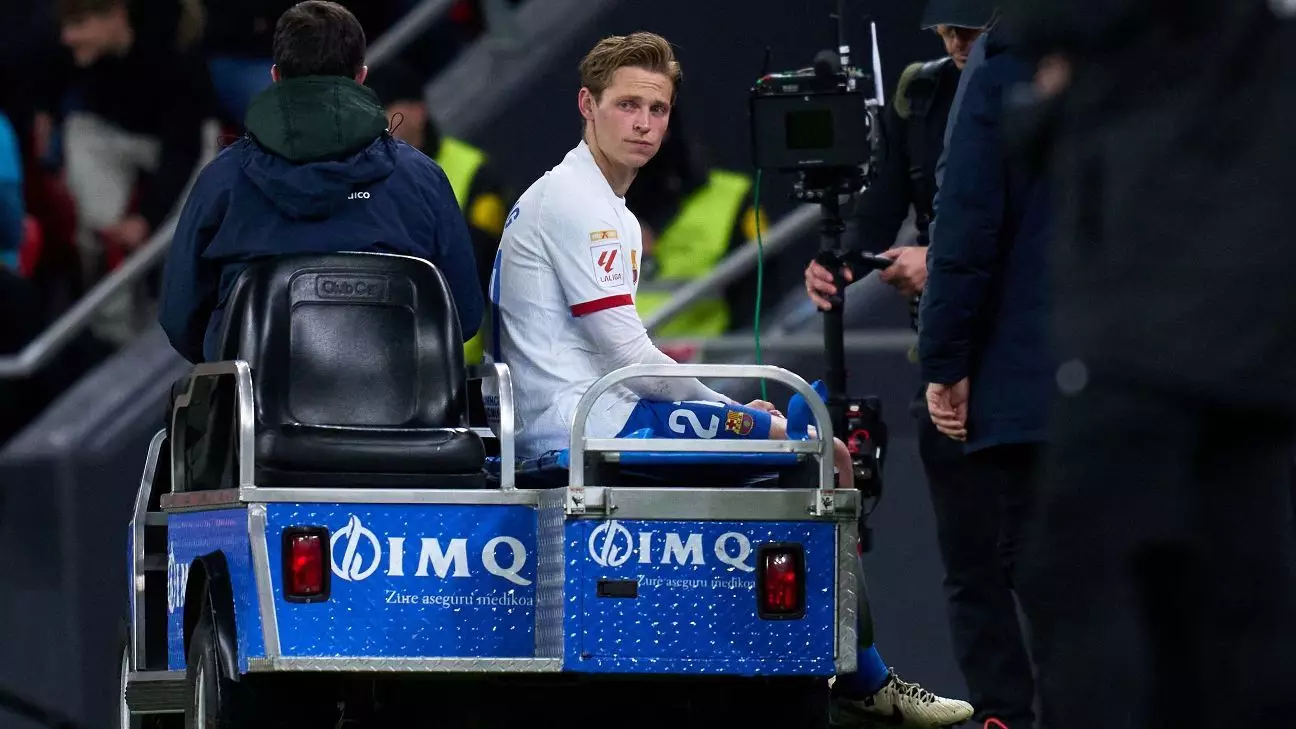The recent events involving Frenkie de Jong and his injury situation have brought to light the importance of prioritizing a player’s health over immediate team needs. The decision by Barcelona to rush de Jong back from injury, despite not being fully fit, has resulted in the midfielder missing out on important opportunities with the Netherlands national team.
Coach’s Criticism
Netherlands coach Ronald Koeman did not mince words when expressing his disappointment with Barcelona’s handling of de Jong’s injury. He pointed out that de Jong was pushed to play in crucial Champions League games against Paris Saint-Germain, even though he lacked match fitness and training. This decision ultimately backfired, leading to de Jong missing out on competing in Euro 2024.
Koeman also hinted that de Jong’s injury might be more severe than initially anticipated. The midfielder’s prolonged absence and uncertainty around his return to full fitness have raised concerns about the extent of the injury and its impact on his future performances. It is evident that rushing de Jong back from injury has not only affected his immediate participation but also raised questions about his long-term well-being.
The repercussions of rushing de Jong back from injury have been felt by both Barcelona and the Netherlands national team. Barcelona’s eagerness to have the midfielder available for crucial matches has resulted in his prolonged absence, affecting the team’s performance. Similarly, the Netherlands missed de Jong’s presence during the Euro 2024 tournament, where his absence was notably felt in their semifinal loss to England.
As de Jong continues his recovery and rehabilitation process, it remains to be seen when he will be fully fit to return to action. Both Barcelona and the Netherlands will be closely monitoring his progress, hoping for a swift recovery without any setbacks. The focus now shifts to ensuring that de Jong is given the necessary time and resources to regain his fitness and form without risking further injury.
The case of Frenkie de Jong serves as a cautionary tale about the consequences of rushing players back from injury. It highlights the need for clubs and national teams to prioritize the well-being of their players over short-term gains. By learning from this experience, teams can avoid similar pitfalls in the future and ensure that players are given the time and support they need to recover fully before returning to action.

